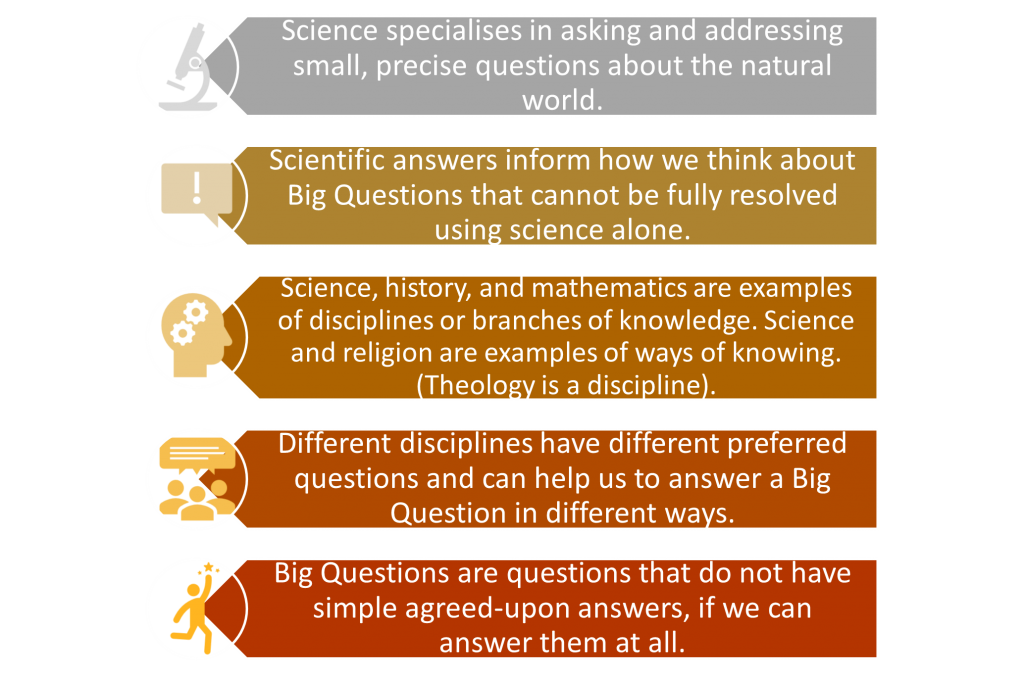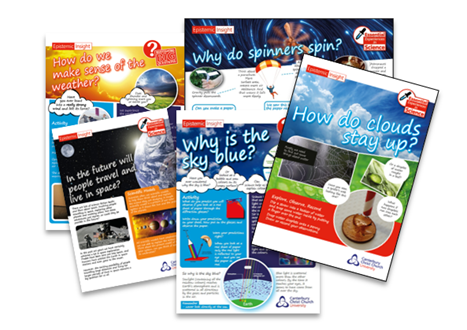Written by Joanna Malone
We are just about to start data collection in a number of schools across the country as part of one of our recent research projects – Investigating Big Questions. The project is funded by the UKRI and is made up of five collaborating universities – Canterbury Christ Church, University of Bristol, University of Hull, Roehampton University, and the University of York. Each university will be recruiting two classes in four schools to run a comparison study to test the effectiveness of our intervention.
One of the major impacts of the pandemic has been the negative effect this has had on schooling. With parent’s and teacher’s time and resources stretched, sickness, and the difficulties of teaching online or home schooling whilst juggling other commitments, children’s education has suffered. Unfortunately, these negative impacts are most commonly experienced by children from disadvantaged backgrounds.
With Investigating Big Questions, we are trying to help tackle some of these problems and help both teachers and parents in delivering key aspects of a child’s education, namely hands-on science. Our aim is to make sure children (ages 8-12) can continue with practical hands-on science enquiry during and after lockdown, with opportunities to build their enthusiasm for science and exploring Big Questions and to develop their thinking through our engaging range of activities.
We want to help strengthen the partnership between school and home by providing activities and investigation cards which are easily accessible, and flexible, to allow parents and teachers to deliver exciting and important learning activities.
We offer five exciting activities for children to undertake as well as related discussion guides to help foster wider conversations and Big Questions. Our five activities are:
- Why do spinners spin?
- How do clouds stay up?
- Why is the sky blue?
- How do we make sense of the weather?
- Living and traveling in space
Each child involved in the research gets a ‘Discovery bag’ filled with the resources to complete each activity, including diffraction glasses, wind-sock materials, pipettes, and rulers. This can be moved between home and school, making engagement with the resources easy and assessable.
The research presents children with a learning journey to help them better understand the nature of science and other disciplines – leading them to develop their Epistemic Insight.

We collect data from children, parents, and teachers via surveys and qualitative interviews to explore (a) teacher expertise and confidence in science (b) children’s enquiry skills, scientific literacy, science capital, academic self-concept and attitudes to learning and (c) strength and quality of the home-school partnership.
We hope that these findings will help pave the path for more effective and flexible teaching resources to be used in the future.
If you’d like more information about our research, or about the resources and guides we provide, please email lasar@canterbury.ac.uk


Trackbacks/Pingbacks